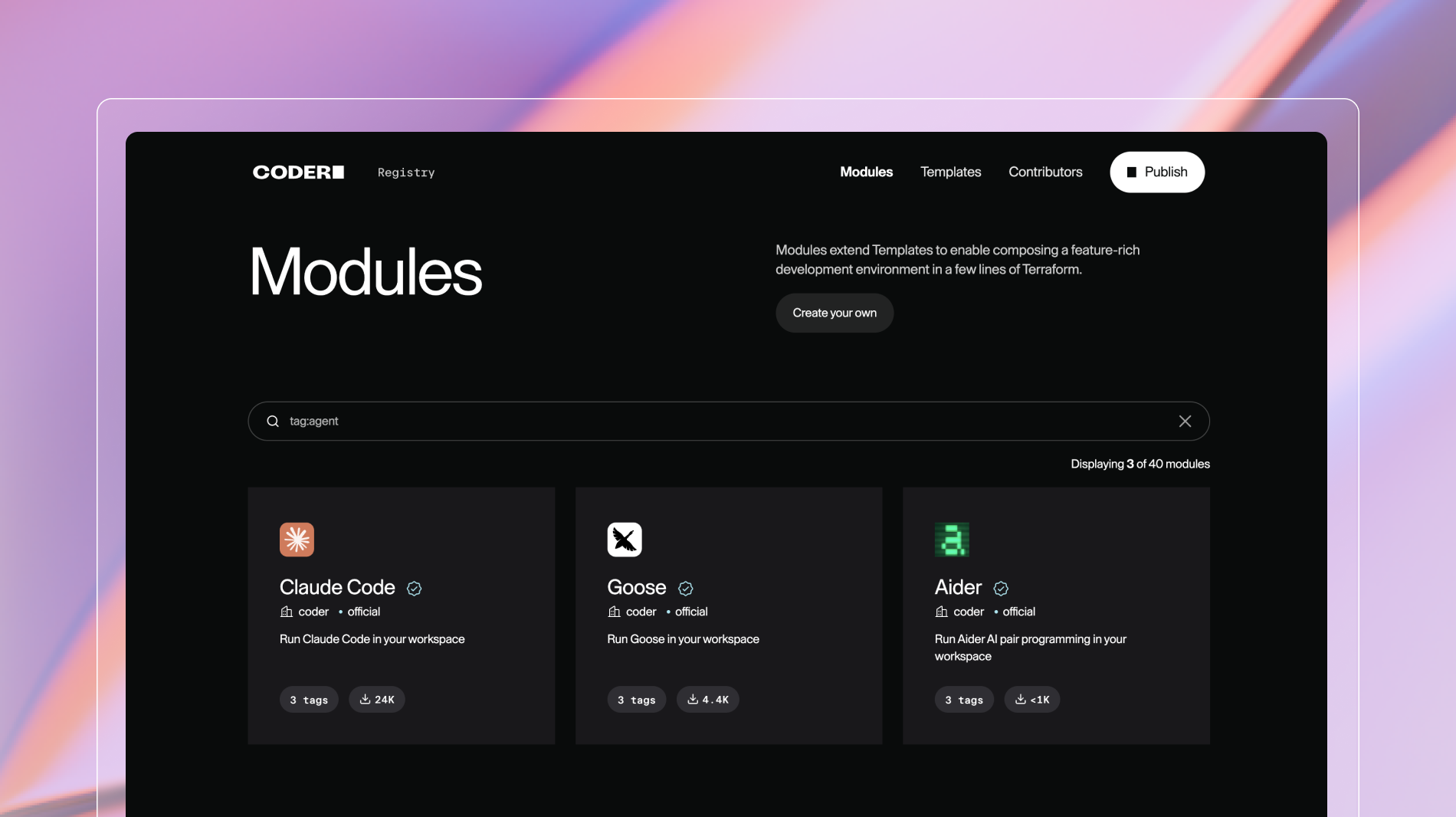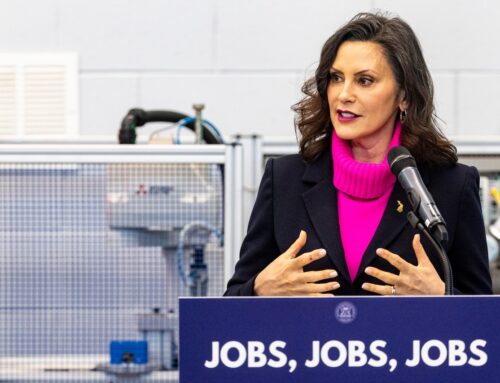Coder Adds Support for AI Agents to Cloud Development Environment
July 7, 2025
Coder today extended its cloud-based environment for developing software to now include support for artificial intelligence (AI) agents that can be automatically assigned their own workspaces.
Company CEO Rob Whiteley said this capability makes it possible to apply the same governance policies to any type of AI agent that the Coder cloud development environment (CDE) platform already enables DevOps teams to enforce.
Additionally, Coder has also revamped its registry to make it simpler for DevOps teams to discover and share components, including AI agents.
The Coder CDE via a unified interface (UI) will enable DevOps teams to more easily orchestrate tasks that have been assigned to various AI agents, noted Whiteley. AI agents can be assigned specific workspaces that are automatically provisioned and fully isolated using firewalls, he added.
The approach reduces the overall amount of Terraform code that would otherwise need to be created for each AI agent, noted Whiteley.
It’s not clear how many organizations have adopted cloud-based development environments. Many application developers still prefer to work on their own local machine but as the need to secure software supply chains has become more urgent many organizations are now centralizing the management of application development in a way that makes it simpler to enforce governance policies.
At the same time, Coder makes available a desktop companion application that enables application developers to work offline if necessary.
It’s not clear how rapidly DevOps teams are embracing AI to build and deploy software, but a recent Futurum Group survey finds that 41% of respondents expect generative AI tools and platforms will be used to generate, review and test code. The Futurum Group also finds that over the next 12 to 18 months, organizations plan to increase spending on not only AI code generation (83%) and agentic AI technologies (76%), but also existing familiar tools that have been augmented with AI.
Regardless of approach, the volume of code being created will exponentially increase as application developers rely more on AI agents to perform a wider range of tasks. The Coder CDE will also make it simpler for those AI agents to collaborate by accessing shared memory and Model Context Protocol (MCP) servers, noted Whiteley. In some instances, AI agents created by different vendors may even compete with one another to be assigned tasks, he added.
The one thing that is certain is AI agents will need to be managed via a platform that makes it simpler to spin up and down infrastructure resources to keep cloud costs under control, said Whiteley. That’s critical because otherwise, the cost of using AI agents to build and deploy software will quickly spiral out of control, he noted.
It may be a while yet before AI agents are used to routinely build and deploy software but there is little doubt they will soon be pervasively employed across the software development lifecycle. Each DevOps team will, of course, need to determine to what degree to rely on those AI agents but over time AI agents should be able to, for example, not only write code but execute the most appropriate type of test depending on the nature of the workload.
In the meantime, DevOps teams might want to start making a list of the tasks that might one day soon be assigned to an AI agent to perform first, with an eye toward making sure that software engineers, who are ultimately responsible for application quality, are reviewing the results.
Search
RECENT PRESS RELEASES
Related Post




